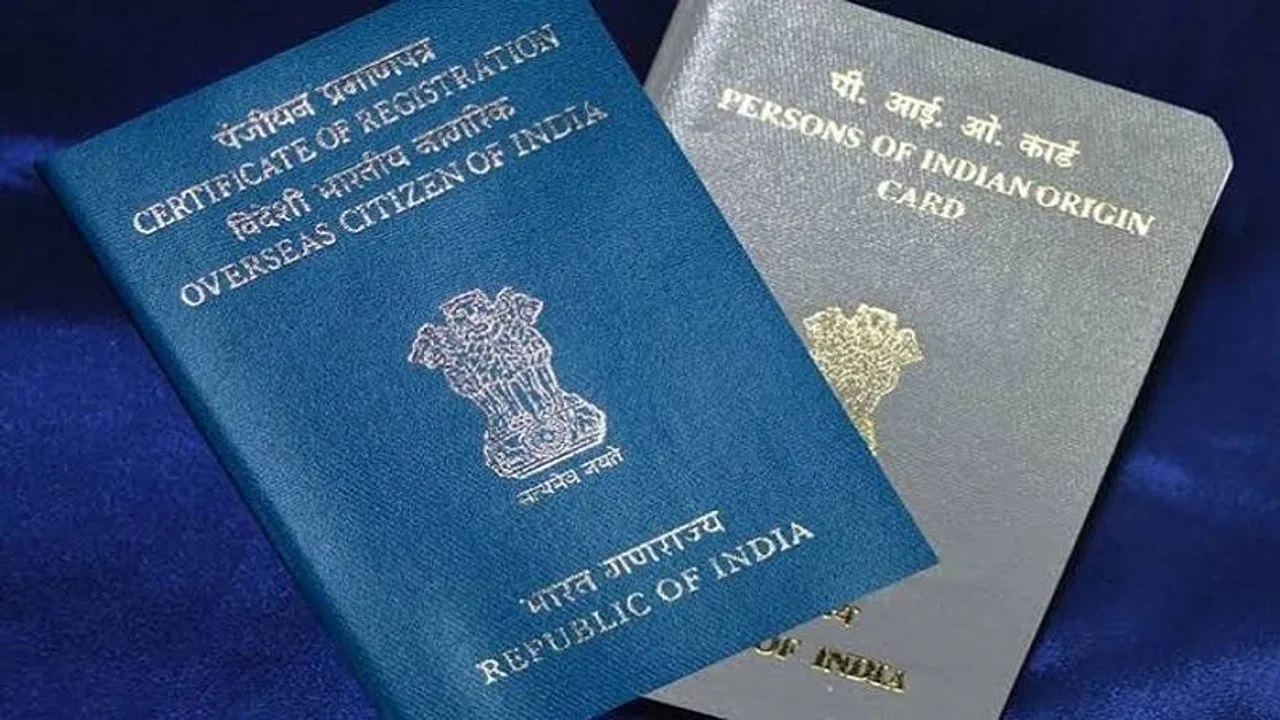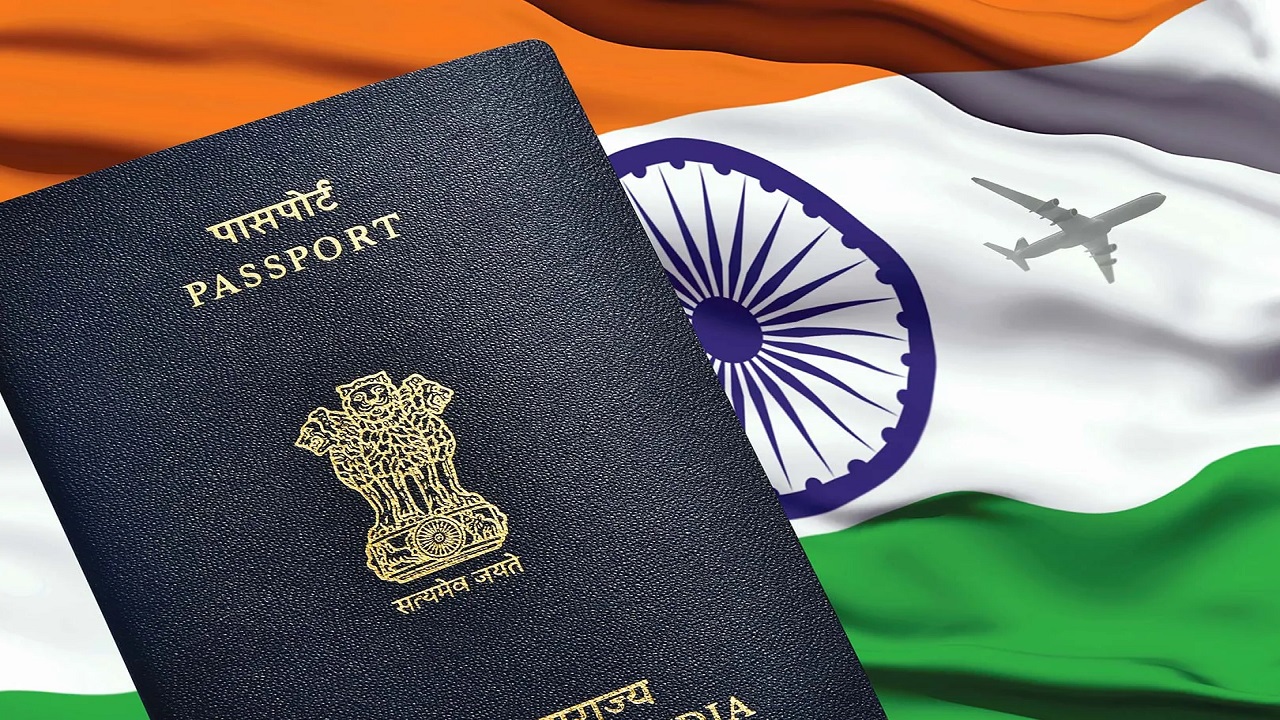India’s Overseas Citizenship: Rights, Restrictions, and Impact
Context
PM Narendra Modi presented the OCI card to Mauritius PM Navinchandra Ramgoolam, calling it a "proof of friendship" between the two nations. Mauritius has a large Indian-origin population, making this a significant diplomatic move.
Background
- The OCI scheme was introduced in 2005 via an amendment to the Citizenship Act, 1955.
- It provides foreign nationals of Indian origin certain rights without full Indian citizenship.
Key Provisions
Eligibility
- Those who were Indian citizens or eligible for citizenship on 26 January 1950.
- Descendants (children, grandchildren, great-grandchildren) of Indian citizens.
- Spouses of Indian citizens or OCI cardholders (with conditions).
Restrictions
- No political rights (voting, contesting elections, holding constitutional posts).
- No public service jobs, except those permitted by the government.
- Cannot own agricultural or plantation land.
- OCI can be revoked if laws are violated.
Benefits of OCI
- Lifelong, multiple-entry visa for India.
- Residency and work rights in India.
- Economic and educational parity with NRIs, except for agricultural land.
- Exemption from FRRO registration, regardless of stay duration.
OCI vs. Dual Citizenship
- India does not allow dual citizenship.
- OCI offers permanent residency benefits but not full citizenship.
Significance for India-Mauritius Relations
- 68% of Mauritius’ population is of Indian origin.
- Strengthens cultural, economic, and diplomatic ties.
- Enhances business, education, and people-to-people connections.




Comments (0)